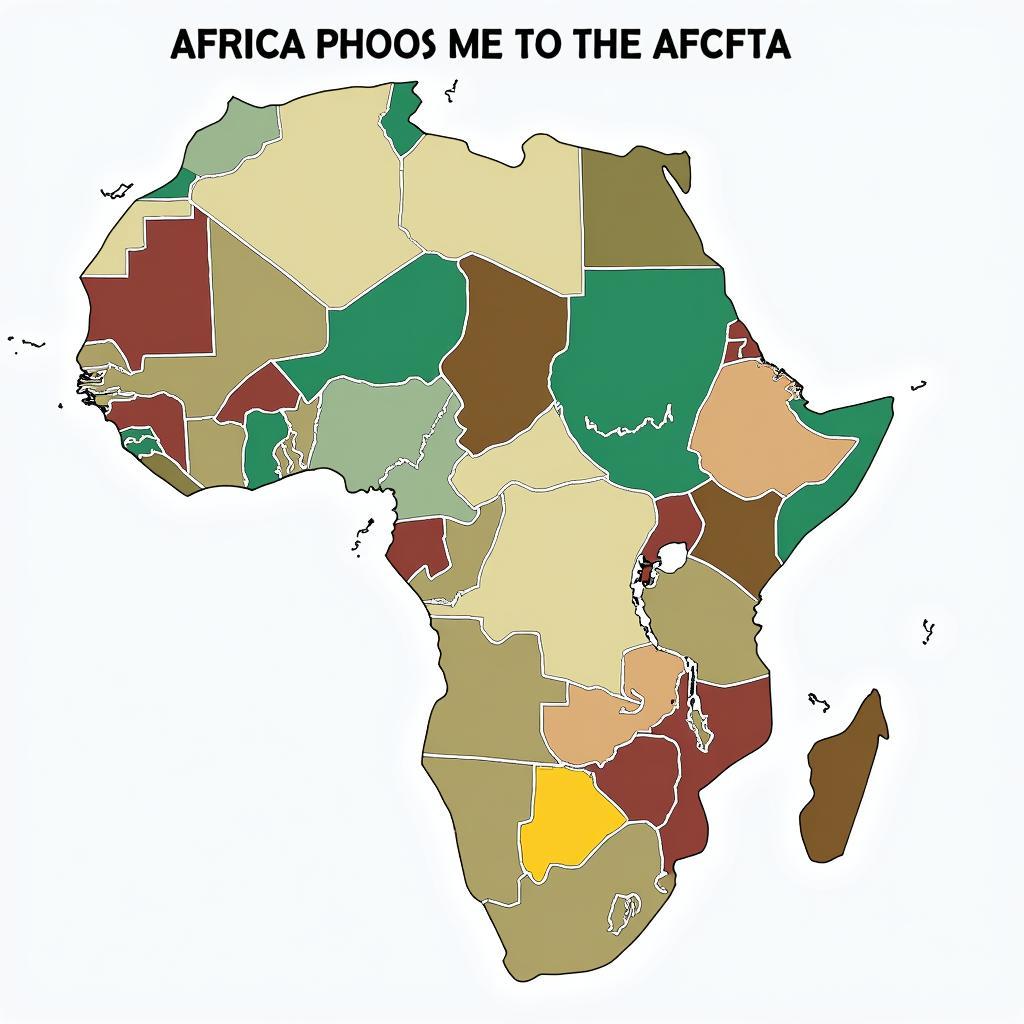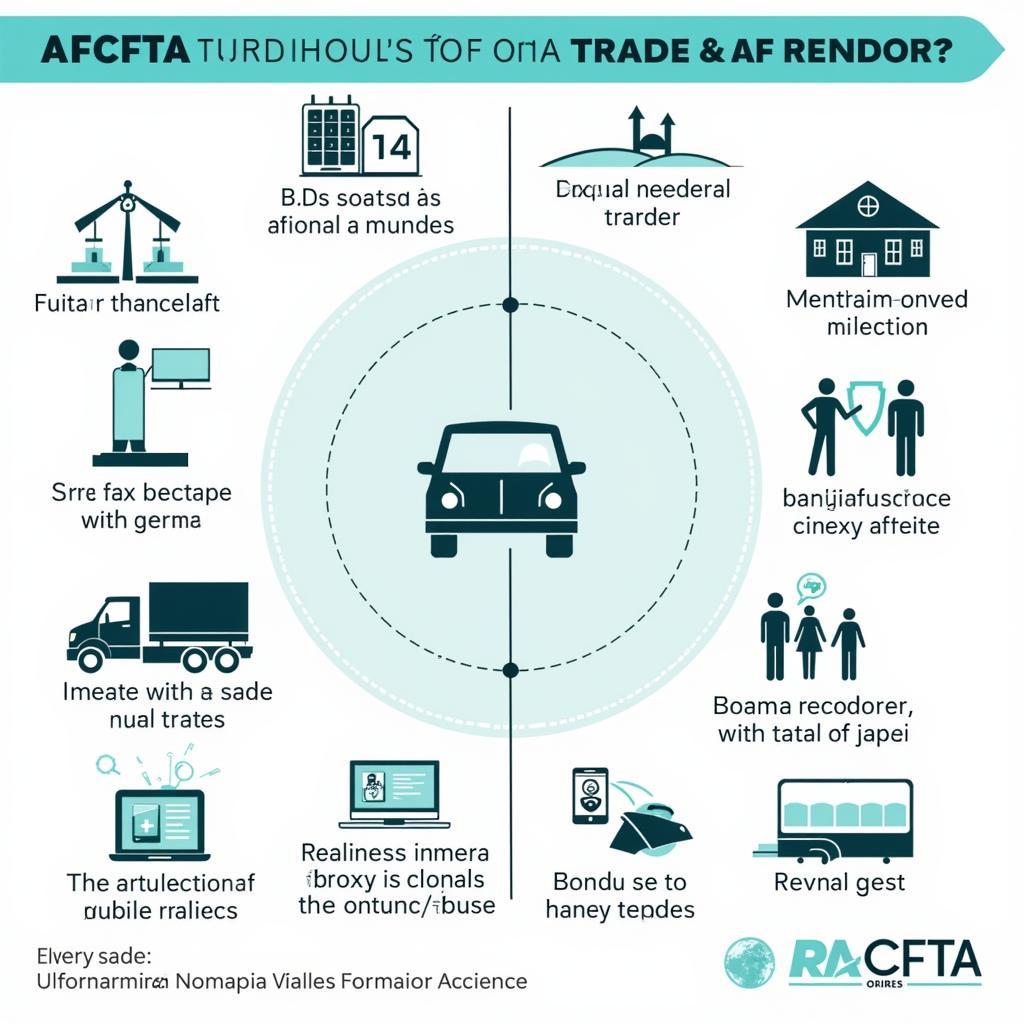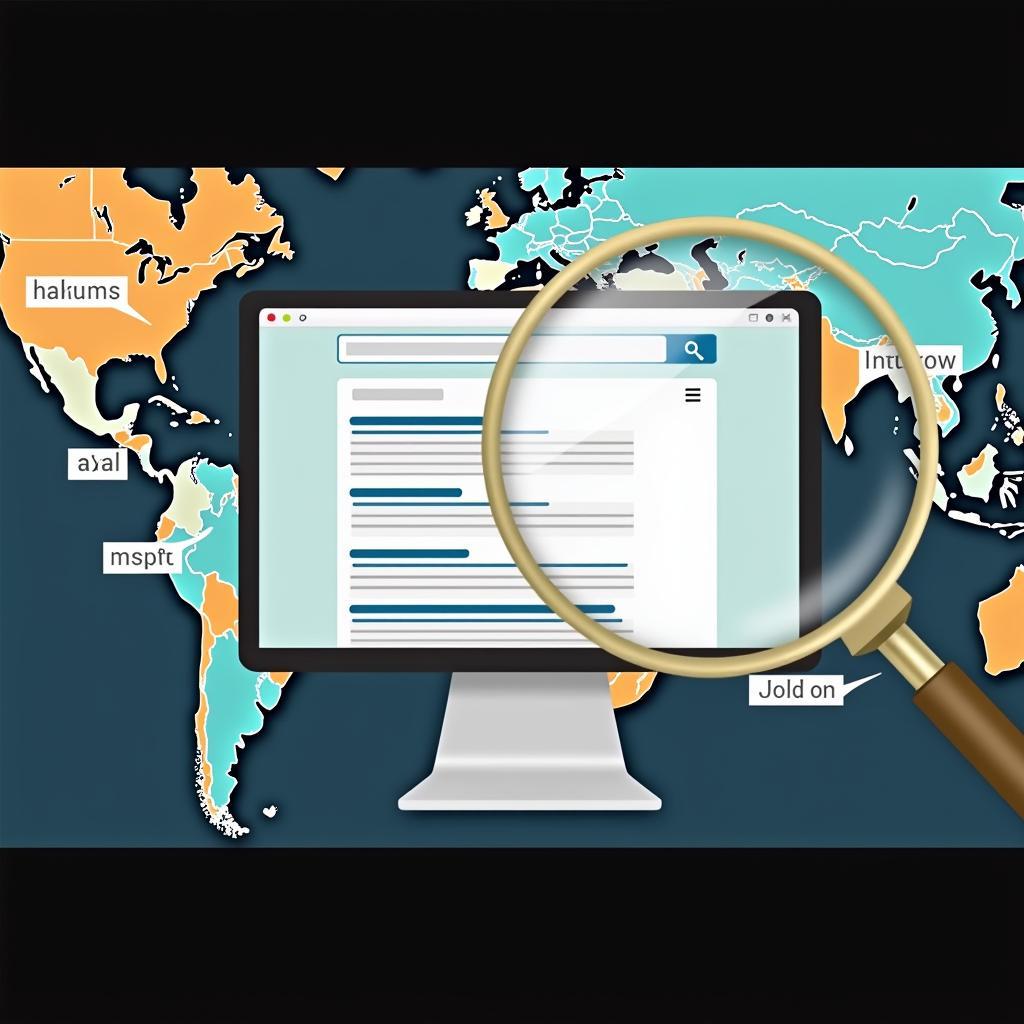African Continental Free Trade Agreement: A Deep Dive from The Hindu Perspective
The African Continental Free Trade Agreement (AfCFTA) has been hailed as a game-changer for the African continent. This landmark agreement, as discussed in The Hindu and other publications, aims to create a single market for goods and services, facilitating the free movement of people and investments across Africa. This article explores the AfCFTA, its potential benefits, challenges, and its significance as viewed from an Indian perspective, often highlighted in The Hindu.
Understanding the African Continental Free Trade Agreement
The AfCFTA, signed in 2018 and launched in 2021, is designed to boost intra-African trade by reducing tariffs and removing non-tariff barriers. The agreement aims to create a continental market of 1.3 billion people with a combined GDP of $3.4 trillion. The Hindu has covered this extensively, often focusing on the potential for increased South-South cooperation. It promises to significantly enhance Africa’s economic prospects by promoting industrialization, creating jobs, and improving living standards. The agreement also aims to strengthen Africa’s position in global trade negotiations and reduce its dependence on foreign aid. By promoting regional integration, the AfCFTA aims to foster greater political stability and peace across the continent.
 Map of African Countries in the AfCFTA
Map of African Countries in the AfCFTA
Benefits and Challenges of the AfCFTA: An Indian Perspective
The Hindu often highlights the potential benefits of the AfCFTA for both Africa and India. Increased trade between India and Africa could provide significant opportunities for Indian businesses in sectors such as pharmaceuticals, agriculture, and manufacturing. India’s experience with economic liberalization and its expertise in areas such as technology and capacity building could also be valuable assets for African countries seeking to implement the AfCFTA. However, challenges remain. The Hindu has also discussed the need for addressing non-tariff barriers, improving infrastructure, and enhancing regulatory frameworks to fully realize the potential of the AfCFTA.
Addressing Non-Tariff Barriers: A Crucial Step
One significant challenge highlighted by The Hindu is the issue of non-tariff barriers. These include bureaucratic procedures, technical regulations, and sanitary and phytosanitary measures that can impede trade. Addressing these barriers is crucial for facilitating seamless trade within Africa and between Africa and other countries like India.
 Challenges and Solutions for Trade Under AfCFTA
Challenges and Solutions for Trade Under AfCFTA
The AfCFTA and India: A Growing Partnership
The AfCFTA presents a significant opportunity for India to strengthen its economic ties with Africa. The Hindu has reported on various initiatives undertaken by the Indian government to enhance trade and investment with African countries. These include establishing joint ventures, promoting technology transfer, and providing capacity-building support. The AfCFTA could serve as a platform for further deepening this partnership and promoting mutually beneficial growth.
“The AfCFTA presents a unique opportunity for India to expand its footprint in Africa. By leveraging its strengths in technology and manufacturing, India can play a key role in supporting Africa’s industrialization and development,” says Dr. Adebayo Olufemi, a renowned economist specializing in African trade.
India’s Role in Capacity Building and Technology Transfer
The Hindu frequently emphasizes the importance of capacity building and technology transfer in realizing the full potential of the AfCFTA. India, with its vast experience in these areas, can play a crucial role in supporting African countries. By providing training and technical assistance, India can help African businesses become more competitive and integrate into the global economy.
 India-Africa Trade Partnership under AfCFTA
India-Africa Trade Partnership under AfCFTA
Conclusion: The AfCFTA and a Brighter Future for Africa
The African Continental Free Trade Agreement (AfCFTA), extensively covered by The Hindu, holds immense promise for Africa’s economic transformation. By promoting intra-African trade and creating a single continental market, the AfCFTA can unlock significant growth opportunities, create jobs, and improve living standards. While challenges remain, the AfCFTA represents a historic step towards a more integrated and prosperous Africa, with potential benefits extending to partners like India.
FAQ
- What is the AfCFTA? The AfCFTA is a trade agreement among African countries aiming to create a single market for goods and services.
- When did the AfCFTA come into effect? The AfCFTA officially launched in 2021.
- How many countries are part of the AfCFTA? Most African countries are members of the AfCFTA.
- What are the main objectives of the AfCFTA? The key objectives include reducing tariffs, removing trade barriers, and promoting intra-African trade.
- How can the AfCFTA benefit India? The AfCFTA can create new trade and investment opportunities for Indian businesses in Africa.
- What are some of the challenges facing the AfCFTA? Challenges include addressing non-tariff barriers and improving infrastructure.
- What is India’s role in the AfCFTA? India can contribute through capacity building, technology transfer, and investment.
Scenarios
- Scenario 1: An Indian textile company wants to export to multiple African countries. The AfCFTA simplifies the process by creating a single set of rules and regulations.
- Scenario 2: An African entrepreneur seeks funding for a new business. The AfCFTA can attract more investment from India and other countries.
Further Reading
- Explore other articles on African trade and development on our website.
- Learn more about India-Africa partnerships and collaborations.
Need support? Contact us 24/7: Phone: +255768904061, Email: kaka.mag@gmail.com, or visit us at Mbarali DC Mawindi, Kangaga, Tanzania.
